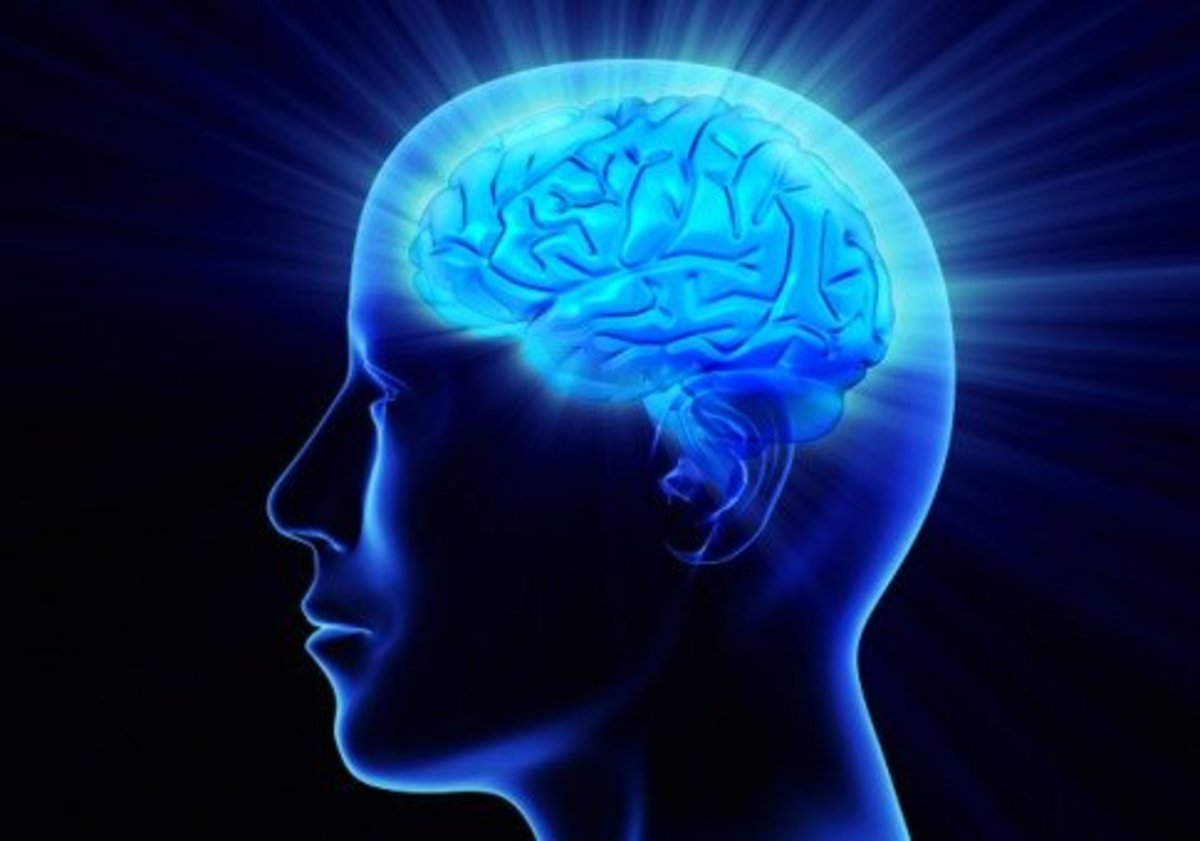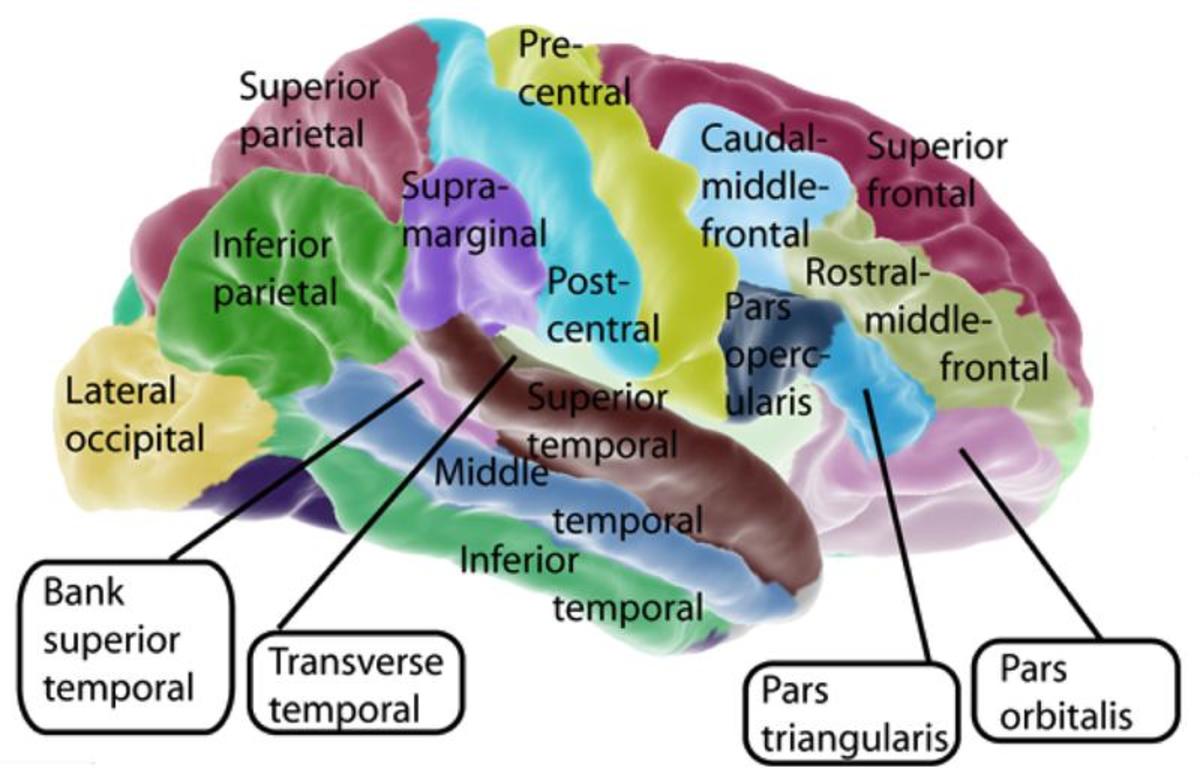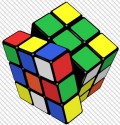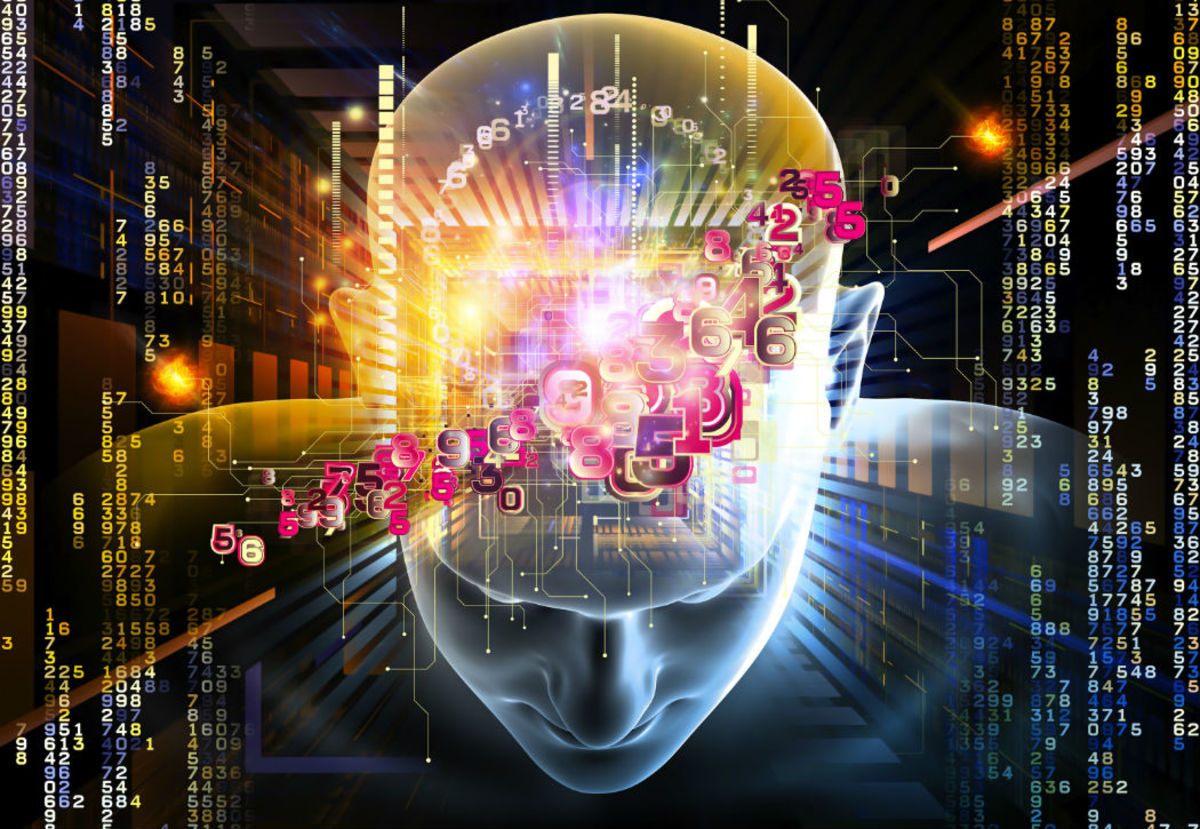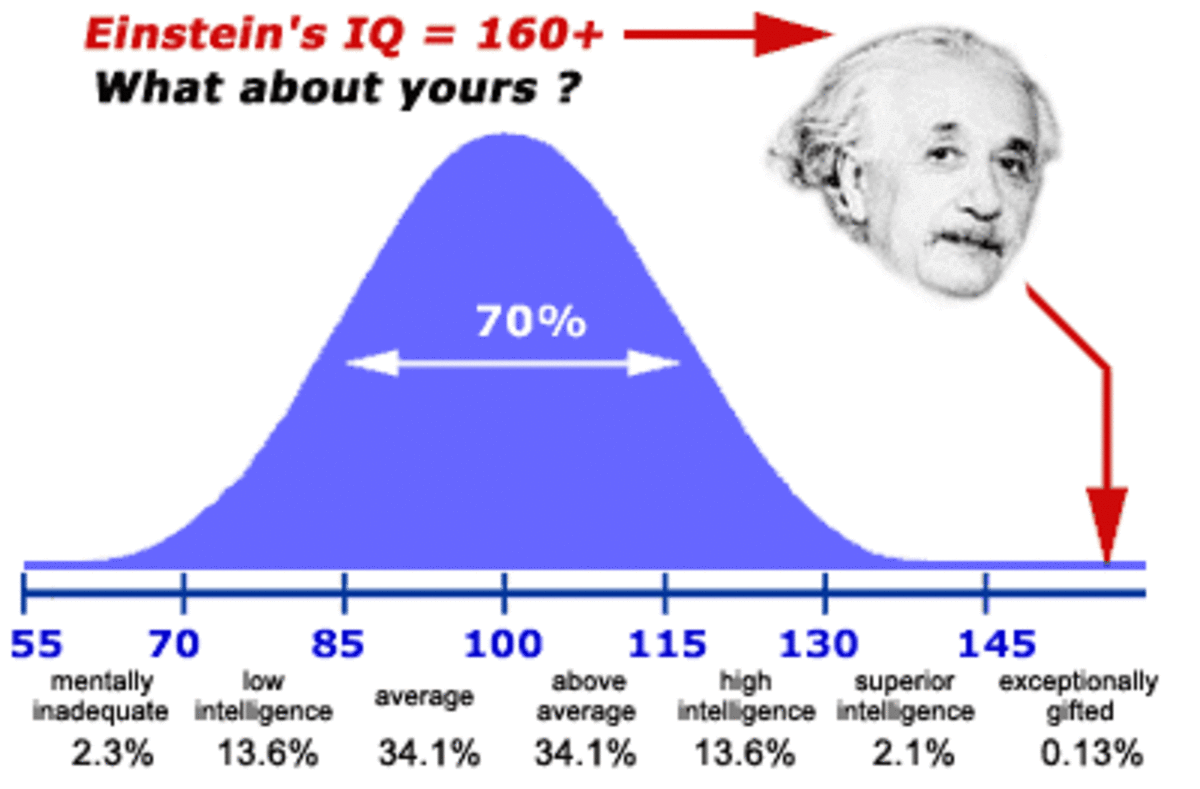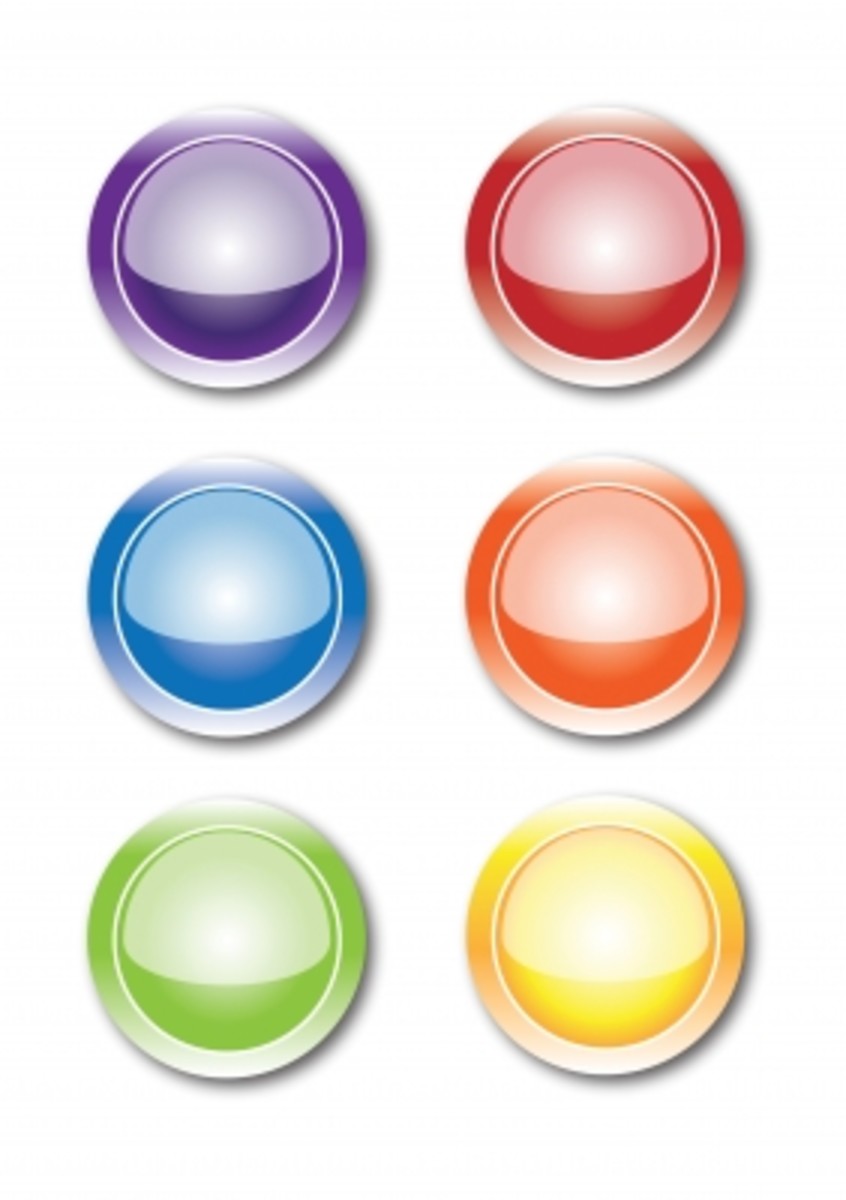Is Intelligence Merely Book-Smarts?
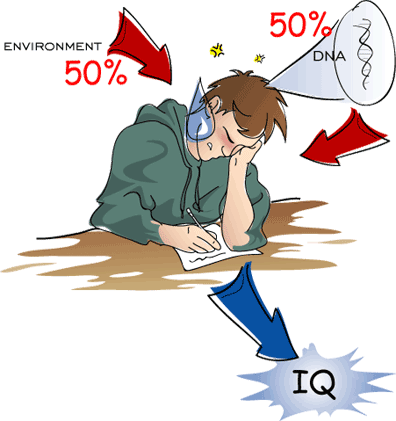
Intelligence has been measured, defined, and contemplated but has it ever really been understood? What makes one intelligent? Is it a mental acuity or is it a physical talent? When does one go from being average to smart to intelligent? Who gets to decide which you are as an individual?
Classroom classification
In the world of academia, those who get the best grades are considered the most intelligent. You are considered above average, proficient, or mastery level for a specific skill dependent on the scores on a number scale. Does that truly make you intelligent? How did you get those scores? Was it because you have an innate ability to write good papers, or maybe you do not freeze up on tests. You could clearly have gotten a true understanding of the topic of study or you could truly be able to learn quickly. In any case your classification of intelligent is based on your scores, and your professor's desire to watch you continue.
Test classification
There are a lot of intelligence quotient (IQ) tests available online, through a school, or through some counselors or psychologists. What do these tests tell you? They tell you whether you are above average, average, below average, genius, or mentally retarded.
You can study for some tests, including the basic IQ tests. Every time you take it you will likely get a different score based on your mental capacity for the day, whether you are sleepy or rested, whether you ate a good breakfast or not, or whether your mood is good or bad.
Want to know something else about the IQ test? The scoring changes periodically. Why? you may ask, would someone keep changing the parameters? Because the standard IQ test is based on 100 being average. So, grading on a curve, the majority of the curve will become 100. Ten years ago, those same individuals may have been considered a 120, but because more people are now scoring 120, that then becomes 100. If you scored 145 when you were seven, and now you are twenty-seven, your 145 is now likely to show 115 instead. So IQ tests are not a good judge of intelligence because the mean score keeps changing to keep up with the better intellect and knowledge of the testers.
Certification tests
A lot of people are avoiding the high cost of university or college education by studying for certifications and taking tests. Study may be a misnomer, however, because I've experienced those who would memorize the answers in order to pass the tests. There was no learning, no knowledge was acquired. The answers to the questions were memorized and the test was passed. This individual now holds a piece of paper that says he or she is certified to do a specific job, but do they really have the skills and knowledge it takes to perform once they have stepped away from the testing site? Many times it is unlikely that they do, but employers like pieces of paper that show that the individual is certified. Experience is overlooked by many in HR roles for the person with the pedigree.
Talent
Is it intelligent to play the piano well, or the guitar, or throw a punch? Is it intelligent to be able to play basketball better than anyone else, or is it better to be intellectual in an academic setting? I contend that talented individuals do indeed have intelligence. Learning to play the piano is great, but learning all those songs to play is intelligent. If you can get the ball to the right point guard, or dodge the opponent's glove in a boxing match, you are showing applied learning, which can indicate intelligence.
Political intelligence
This is a hot seat of debate. If you do not agree with another person, you must not be intelligent. If you do not support the person they support, you must be a moron. If you are incapable of thinking like everyone else, you must have a deficient intellect. This is the perception of many who speak politics with a sealed box around them. Those who are unable to see that intellect is critical thinking and not faithful believing of the opinions of others are not considering the intellect of the other person. Intelligence is thinking for yourself, coming to your own rational conclusions based on factual input that is acquired through reasonable research. It is not trusting your own instincts, because those are fallible.
Critical thinking is the key to any intellect. People who are intelligent in academic, testing, talent, or even political settings are the ones who can think for themselves, find a flaw in a concept, understand the concepts they are testing on, and who can find the opening are all intelligent people. Intelligence is not measurable on a consistent basis because intelligence is different depending on who you are and what you have to know.

